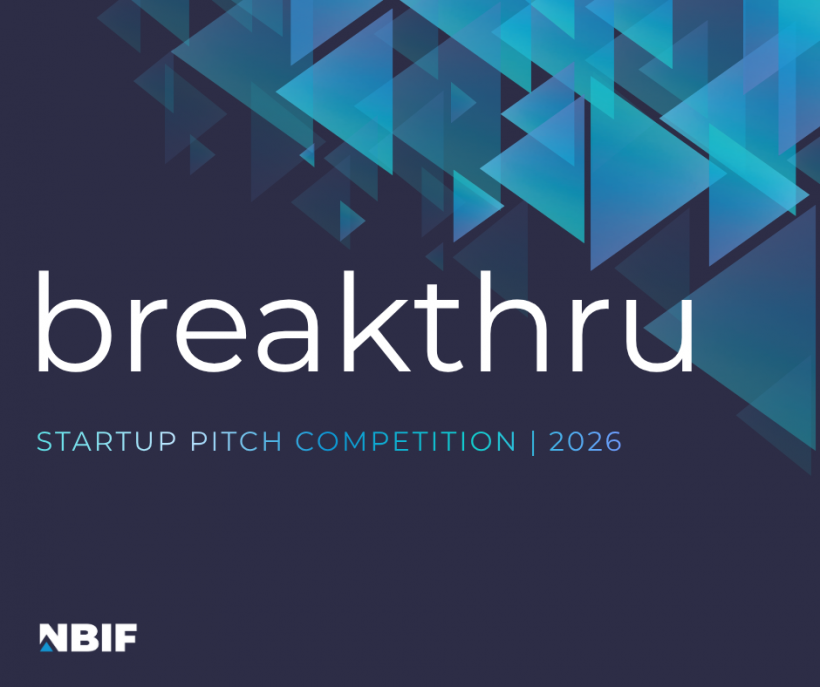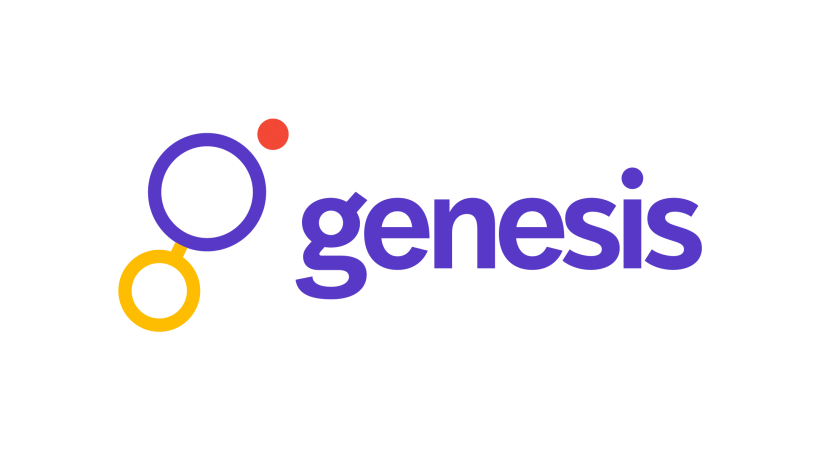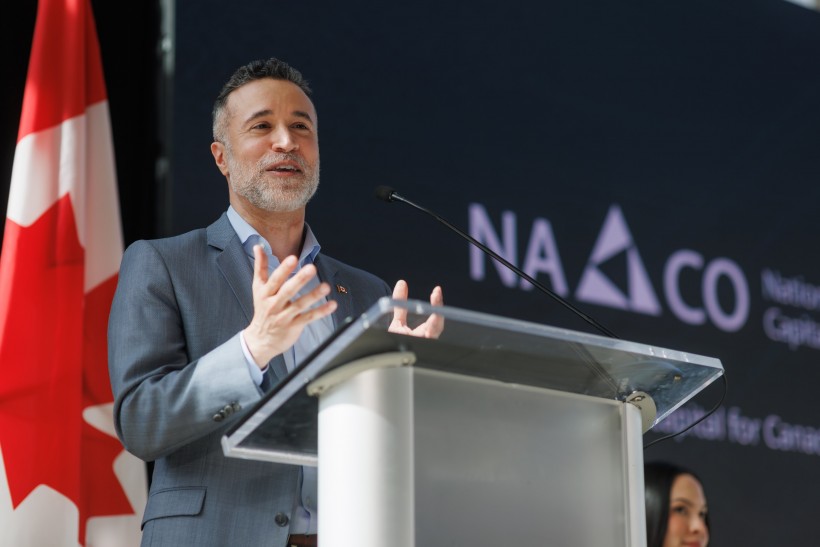Current Studios is enjoying its best quarter of business ever largely because of two digital games it’s developed.
One aids children’s health care, and the other ties in with new bedding on the market. If they have one common trait, it’s that they’re both a testament to the creativity of this Dartmouth company.
Current Studios began as Ad-Dispatch, a startup that specialized in augmented reality. That lets you view something through a camera on a portable device and see animated characters spring to life against a real-world backdrop.
As it grew to a 50-employee outfit, the company moved into a broad range of computer visuals and changed its name to reflect the product portfolio.
“It’s a wonderful feeling, knowing that your funnel is almost full for the year and we still have more business coming in,” said founder and CEO Nathan Kroll, sitting in the company’s new headquarters in Burnside Park.
The first gem in the current portfolio is MRI Child Evaluator, which helps children’s hospitals improve efficiency and reduce stress when using magnetic resonance imaging machinery on children. The second is Wildlandia, an augmented reality game for five- to 10-year-olds that uses bedding featuring jungle animals.
The MRI project came about when Donna Thompson, a longtime volunteer with the IWK Health Centre in Halifax, contacted Kroll to see if technology could reduce some of the hospital’s problems. They soon found a match.
Many children squirm when undergoing an MRI and need to reschedule the procedure with an anesthetist present to get a clear image. It’s a huge expense. Kroll proposed a digital game that tests whether a child lying on his or her back can remain still. The video game — played on an iPad held above a child — requires the child to be perfectly still, controlling the game only with his or her fingertips. If the child excels at the game, the hospital knows the child will not need anesthetics when it comes time for the MRI.
Current Studios has done its first version of the game and hopes to develop a second in which the game is built into an MRI machine. It has been holding discussions with microprocessor maker Intel, whose RealSense camera has become the industry standard in motion detection, about working together on the project. It’s also reached out to major medical technology producers, such as GE.
Wildlandia is a different beast altogether, a fun product that links a children’s video game with their sheets and bed covers. Current Studios and its partner, Northwest Bedding, have produced a line of Wildlandia bedding featuring illustrations of jungle animals. The linen, which is due any day for a chain-wide rollout at Toys R Us, is a key component for a video game produced by Current Studios.
A child can play Wildlandia anywhere, using a smartphone or tablet to manage a cartoon savannah and getting points to make sure the animals are fed and watered. To collect points, the child must point the device at the blanket or bed covering, bringing the animated animals to life on the screen.
The two projects are only two components of Current Studios’ business these days, but they’re big reasons Kroll expects 2015 will be his best year yet.
Disclaimer: Entrevestor receives financial support from government agencies that support startup companies in Atlantic Canada. The sponsoring agencies play no role in determining which companies and individuals are featured in this column, nor do they review columns before they are published.









